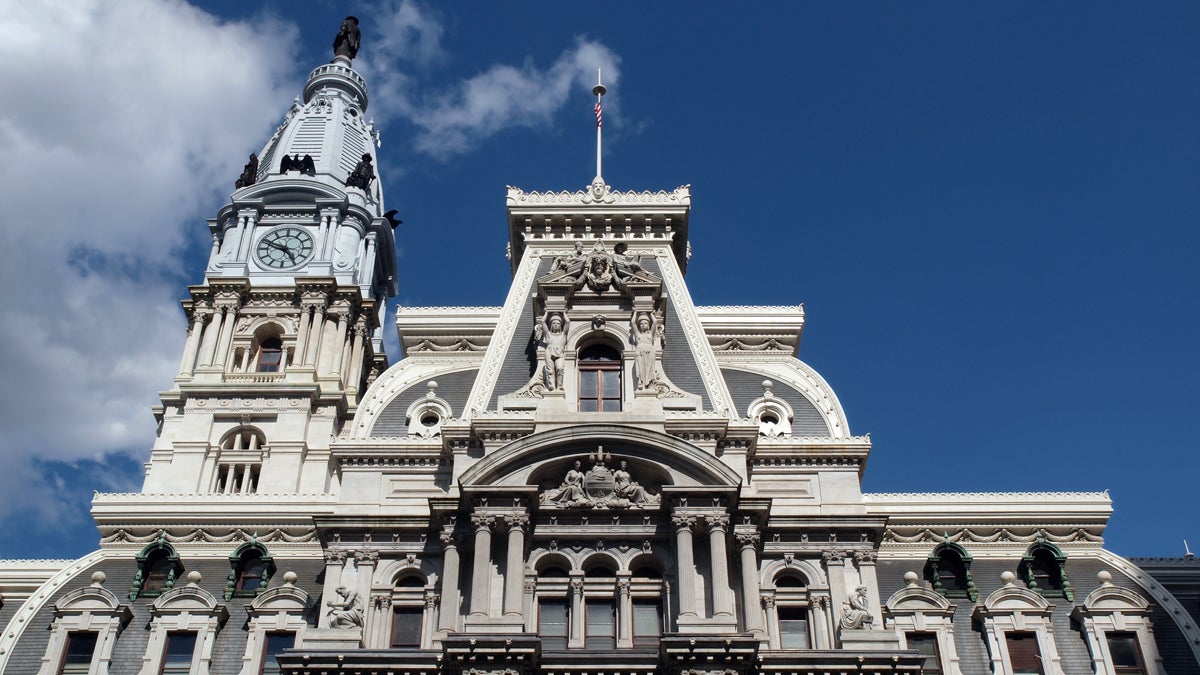City worker hit with $1,800 penalty for political work

A Philadelphia worker has been fined $1
The Philadelphia Ethics Board has imposed a $1,800 penalty on a city worker who did political work on city time and on his city computer.
Charles Younger is a social work manager for the city’s Department of Human Services and a board member of his union, AFSCME District Council 47.
After an investigation, Younger admitted that during last year’s municipal primary, he promoted and sold tickets to an event of the union’s political committee.
“He also used city resources — such as a city email account and computer and also city paper, postage and envelopes — in order to promote the event,” said Shane Creamer, ethics board executive director.
Younger also used his city computer to prepare campaign materials and a speech he gave at a rally supporting successful mayoral candidate Jim Kenney, Creamer said.
“At all times, Mr. Younger fully cooperated” with its investigation, according to the board. The hefty $1,800 civil penalty is for six separate violations of the city charter.
Don’t even try this at home
It’s also interesting to note that if Younger had done all this on his own time and his own computer, he’d still be in trouble. The city charter restricts political activity among city employees, whether they’re doing it on the job or not.
I asked Creamer to remind me what a city worker can legally do to support a candidate, and what he or she can’t.
“You can have a lawn sign at your house. You can wear buttons off of city property, not on the job,” Creamer said. “You can write letters endorsing candidates if you don’t use your title or any city resources.”
“You can attend a rally, but you can’t work at the rally, you can’t organize the rally,” Creamer continued. “You can engage in nonpartisan get-out-the-vote efforts, but you can’t engage in partisan get-out-the-vote efforts.”
I asked Creamer if a case like this, where a city worker is slammed with a big penalty, helps to send a message to other employees.
Maybe, he said, but there’s plenty of training and advisories on this stuff directed to city workers, and most know there are are restrictions on political activity, even if they don’t know the details. They can always contact the board for advice if they’re confused, he said.
You can get a fuller explanation by reviewing the ethics board’s Regulation 8 on political activity at its website.
WHYY is your source for fact-based, in-depth journalism and information. As a nonprofit organization, we rely on financial support from readers like you. Please give today.


